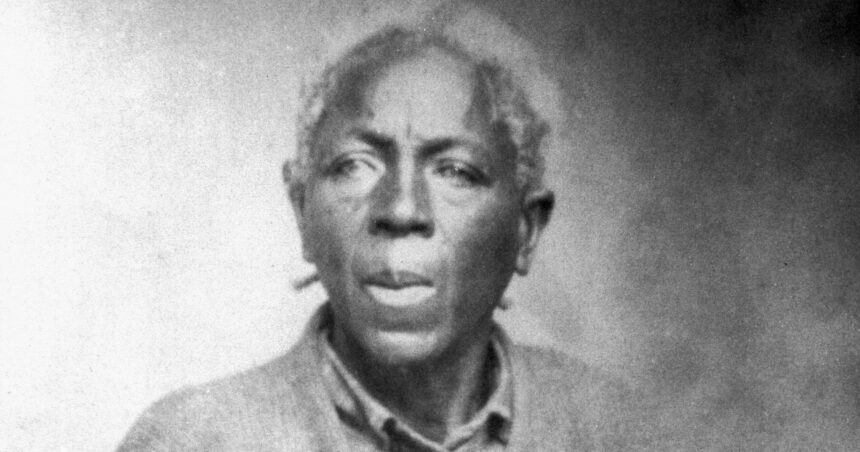On a chilly December morning in 1931, an elderly Black woman embarked on a 24km walk from her home in Alabama, determined to seek justice. Matilda McCrear, in her mid-70s, set out on a journey to the court in Selma to make her case for compensation for the suffering her family endured.
Matilda was the last survivor of the last slave ship to arrive in North America in 1859. Born Abake in West Africa, she was captured at the age of two along with her mother and siblings by troops from the Kingdom of Dahomey. They were taken to the coastal port of Ouidah and sold to Captain William Foster, who transported them on the infamous Clotilda, the last known slave ship to cross the Atlantic.
The journey on the Middle Passage was harrowing, with cramped and filthy conditions leading to the deaths of many enslaved Africans. Arriving in Mobile, Alabama in 1860, Matilda and her family were sold to a plantation owner. Separated from her sisters, Matilda, her mother Grace, and sister Sally faced a life of forced labor in the cotton fields.
After the Civil War ended and the Emancipation Proclamation was issued, Matilda and her family were freed. However, their newfound freedom was limited by the oppressive Black Codes and Jim Crow laws that enforced racial segregation and restricted the rights of African Americans.
Despite facing discrimination and hardships, Matilda lived a resilient life. She sought compensation for her enslavement in 1931 but was denied by the court. Her grandson, John Crear, later discovered her story and became involved in the civil rights movement. He recognized the struggles his grandmother faced and the need for continued efforts to combat racism in society.
Matilda’s story, passed down through generations, serves as a reminder of the resilience and strength of those who endured the horrors of slavery and segregation. Her quest for justice may have been denied, but her legacy lives on in the fight for equality and justice for all.







